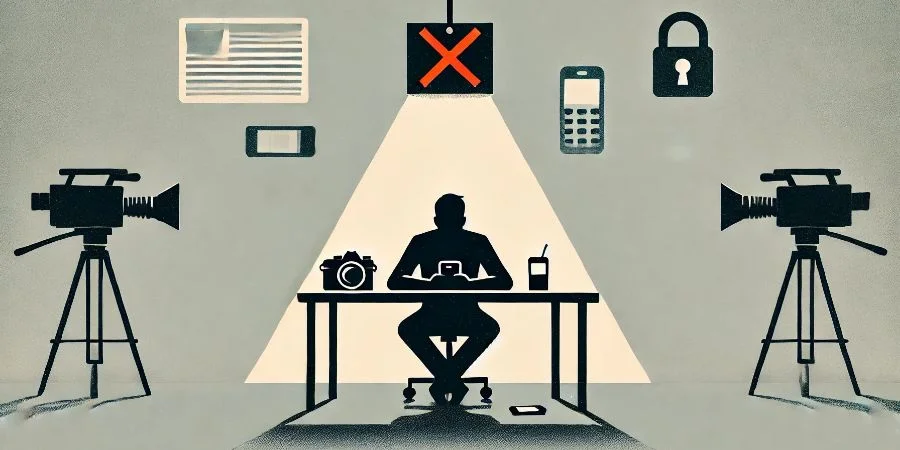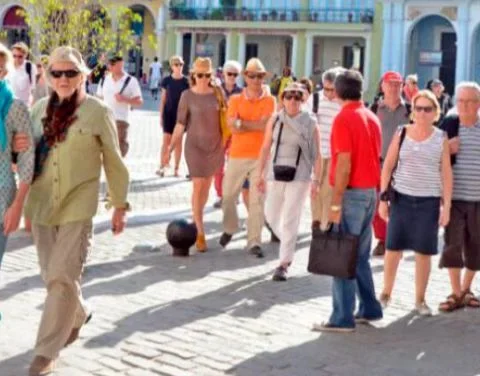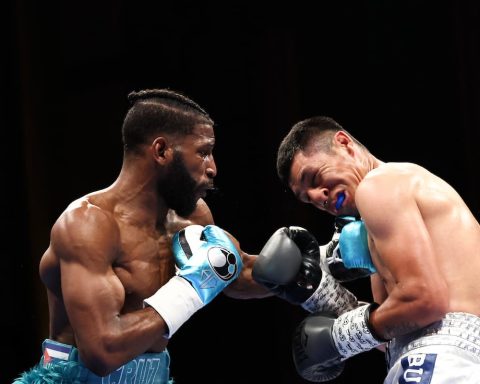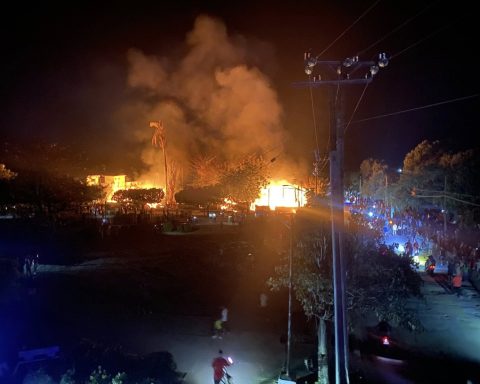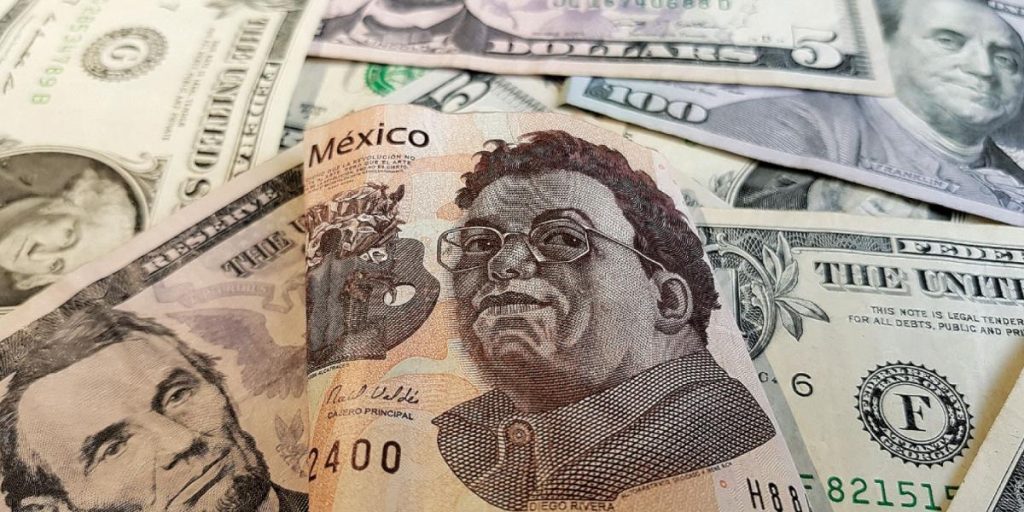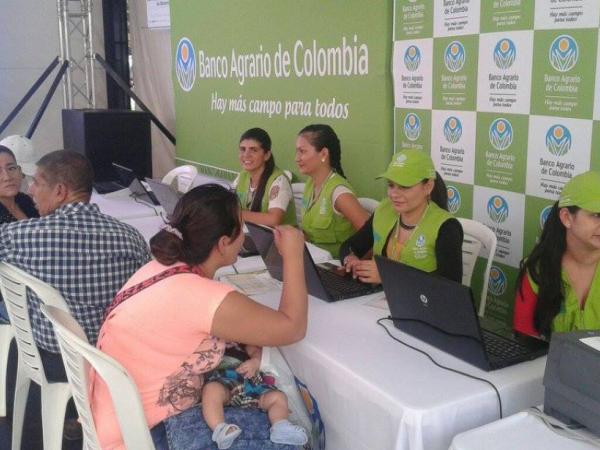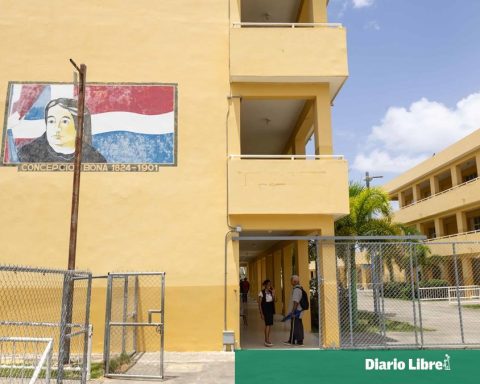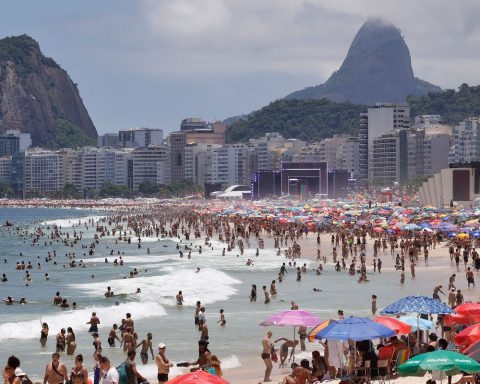MIAMI, United States. – Reporters and activists have denounced in recent hours the new wave of repression unleashed on the Island against collaborators of independent media. The most recent reports indicate that several journalists have been threatened, interrogated, forced to resign from their work and return sums of money supposedly received from training programs or collaborations with international media.
The journalist María Lucía Expósito, one of the victims who has publicly denounced this harassmentexplained that she was subjected to more than six hours of interrogation, during which her cell phone and $1,000 were confiscated. “Psychological violence, with the permission of the State, uses the Penal Code as an instrument,” Expósito said in a publication shared on the profile of her colleague and friend Lisbeth Moya.
In addition to economic extortion, State Security has forced the interrogated journalists to sign surrender certificates, in which they acknowledge having received funds from “subversive” projects, thus fabricating evidence against them. In some cases, they are forced to publicly renounce continuing to practice independent journalism and to record their confessions on video, according to the victims, according to an editorial published by The Touch this friday.
The use of these methods, according to observers, seeks to discredit journalists and independent entities, and prepares the ground for a possible criminal investigation against them. It is feared that the videos obtained during the interrogations will be used in television programs to discredit the victims, following the pattern of media harassment that has been used in the past.
CubaNet, Neighborhood Journalism and The Touch have been particularly affected. Several collaborators of the three media have publicly denounced the harassment and pressure, which has led some to resign from their work to avoid further retaliation.
In the last few hours, “resignation” messages from journalists have appeared on social media, identical in all cases: “Through this publication, my wife, Annery Rivera Velasco, and I, Yennys Hernández Molina, declare our resignation from collaborating and /or participate in any media or project of an independent nature and/or considered subversive or contrary to the interests of the Cuban Government”, Hernández Molina published.
Shortly after, journalist Yadira Álvarez Betancourt also presented her “resignation”, in an identical publication to that of your colleagues.
CubaNetfor its part, denounced this Thursday that several of its journalists and collaborators residing on the Island were being victims of repressive actions directed by regime authorities, including threats, intimidation, brief detentions and confiscation of work assets and money.
The journalists were threatened with high prison sentences or having the integrity of their families affected if they continued their work. However, the repression was not limited to verbal threats: several reporters from CubaNet They have also been filmed against their will under duress and after hours of psychological torture, according to what they reported.
These repressive actions are part of a growing wave of harassment against independent and opposition journalists in Cuba, a country where free journalism is punished.
Just this Friday, October 4th, came into force the Social Communication Law approved by the Cuban regime, which has been criticized as a new instrument by the Cuban authorities to limit freedom of expression and access to information.
Since its approval, journalists and various non-governmental organizations have indicated that the law will represent a tightening of restrictions on independent digital media in Cuba, which will continue not to be recognized by the regime and whose journalists are subject to harassment and threats of prison. the authorities.
“It is ironic that the new Social Communication Law comes into force just when the repression against freedom of expression in Cuba intensifies,” wrote on Facebook the entrepreneur Katia Sánchez Martínez. “In recent days, several journalists, communicators and entrepreneurs have suffered interrogations, abuses, confiscations and threats, evidencing attacks against any form of independent expression. “Today is a sad day, but this does not end here,” the young woman also said.
